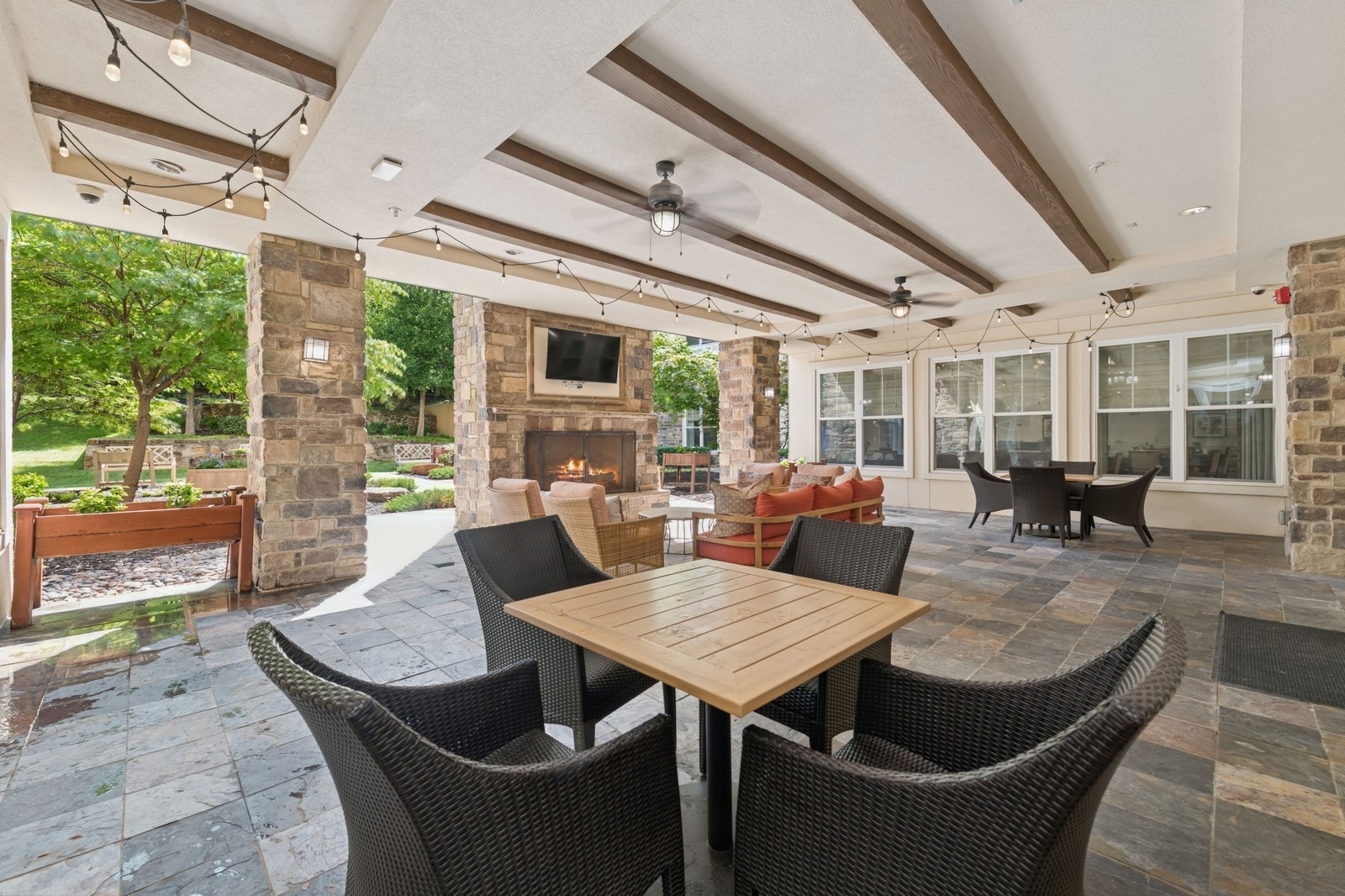Caring for individuals with dementia involves more than just meeting basic needs—it’s about enriching lives and fostering connections through meaningful activities. This is where sensory exercises can be useful, providing therapeutic advantages that can improve the quality of life for senior community residents with dementia. Sensory activities aim to arouse the 5 senses: sight, hearing, touch, taste, and smell.
Sensory activities for seniors with dementia can include creating art, listening to music, and baking. These activities can aid in memory recall, emotional expression, and social interaction.
Understanding the Importance of Sensory Activities
Everyone benefits from sensory stimulation, but people with dementia especially benefit from it. By using the senses, one can lessen agitation, promote communication, and lessen the symptoms of sadness and anxiety. Many seniors with dementia find solace and a sense of community in engaging in sensory activities that open doors to memories and experiences that verbal communication may no longer be able to access.
These exercises, which aim to arouse the senses of sight, hearing, touch, taste, and smell, have several positive effects, including bringing back memories, promoting emotional expression, and lessening behavioral symptoms. However, to fully appreciate their significance, a more thorough examination of the effects of sensory activities on cognitive function, emotional stability, and general quality of life is necessary.
Visual Stimulation
Activities that involve colors, patterns, and pictures can stimulate the sense of sight and evoke memories and emotions. Creating art or viewing photo albums can be particularly impactful. For example, painting allows for creative expression and can evoke memories through the choice of colors and subjects. Similarly, looking through photo albums can trigger reminiscences and stories from the past.
Auditory Stimulation
Music can energize, calm, and even take listeners to another place and time. Music therapy can be quite beneficial for persons with dementia, especially if it includes songs from their youth. It can calm people down, bring back memories, and inspire impromptu singing or dancing. Additionally, audio novels and the sounds of nature can help promote relaxation.
Tactile Stimulation
For seniors with dementia, using their sense of touch can be soothing and stimulating. Working with their hands in baking, crafting, or gardening gives people a palpable sense of success. Sensory bins loaded with items like rice, beans, or leftover cloth can also be calming, particularly for individuals who might be experiencing a more advanced form of dementia.
Taste & Smell
Culinary activities can wonderfully stimulate the senses of taste and smell. Simple recipes that you cook or bake can bring back memories of special occasions or family dinners. Even in situations where direct engagement is not feasible, the aromas of cooking can pique interest and evoke memories. To further stimulate these senses, tasting events, including an assortment of flavors, can be an enjoyable and involved experience.
Examples of Sensory Activities
Here are a few examples of how sensory activities can be tailored to an individual and their interests and needs:
- Customized memory boxes: Creating memory boxes filled with items related to an individual’s hobbies, career, or family life can stimulate memory and provide comfort. These boxes can include photographs, mementos, and objects related to their interests.
- Interactive music sessions: Organizing music sessions where residents can listen to their favorite music, play simple instruments, or even participate in sing-alongs can enhance mood and encourage social interaction.
- Themed sensory rooms: Designing rooms or spaces with specific themes, such as a beach or a forest, can stimulate multiple senses simultaneously through visual, auditory, and aromatic cues, creating immersive experiences that can soothe and engage.
- Tactile art projects: Encouraging participation in art projects that involve various textures, such as collage making, sculpture, or fabric arts, can stimulate creativity and provide a sense of achievement.
- Culinary clubs: Forming culinary clubs where residents can prepare simple dishes, taste new foods, or reminisce about recipes from their past can stimulate the senses of taste and smell, promoting socialization and memory recall.
Implementing Sensory Activities in Senior Living
Including sensory activities in the daily schedule of senior living communities can significantly improve the quality of life for those with dementia.
In memory care communities engaging those living with dementia in sensory activities can improve their quality of life in a special and effective way. These sensory-stimulating activities can aid in memory recall, self-expression, and the recollection of happy and relaxing moments for residents.The benefits of sensory stimulation are becoming increasingly apparent, and it is becoming evident that these kinds of activities are crucial to providing compassionate and all-encompassing dementia care—not merely optional. At Washington Pointe Las Colinas, we offer personalized care for those with dementia. To learn more about our memory care, please contact us today!









